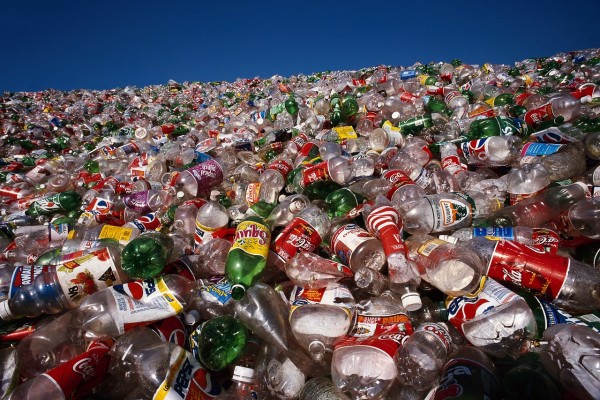
When the first plastics hit the market, it changed everything. It was lighter, cheaper and safer than glass and metal. Because of this, it took off and now pretty much everything we use has some platic in it. In fact, we manufacture more than 300 million tonnes of plastic each year.
Our plastics are now littering the streets, filling landfills and cluttering up the oceans. We overproduce plastic and need to find a better and more efficient way to recycle it. Now it appears that in some recycling facilities, some bacteria are adapting to be able to eat plastics.
As plastic has only been around for about 70 years, bacteria hadn’t yet evolved to be able to consume it, as with other biodegradable products.
Science Alert reports the amazing discovery, stating, “a team at Kyoto University has, by rummaging around in piles of waste, found a plastic munching microbe. After five years of searching through 250 samples, they isolated a bacteria that could live on poly(ethylene terephthalate) (PET), a common plastic used in bottles and clothing. They named the new species of bacteria Ideonella sakaiensis.
The Kyoto researchers identified the gene in the bacteria’s DNA that is responsible for the PET-digesting enzyme. They then were able to manufacture more of the enzyme and then demonstrate that PET could be broken down with the enzyme alone.”
At the moment, plastics are capable of being fully recycled. They are melted and reformed into other hard plastic products. The PET-digesting enzymes resent the opportunity to truly recycle plastic. If added to vats of waste, they could break down plastic items into simple chemicals. These chemicals could then be used to make new plastics, allowing for real, full recycling.
The post Scientists just discovered a plastic-eating bacteria that could revolutionize recycling appeared first on We Are Change.
